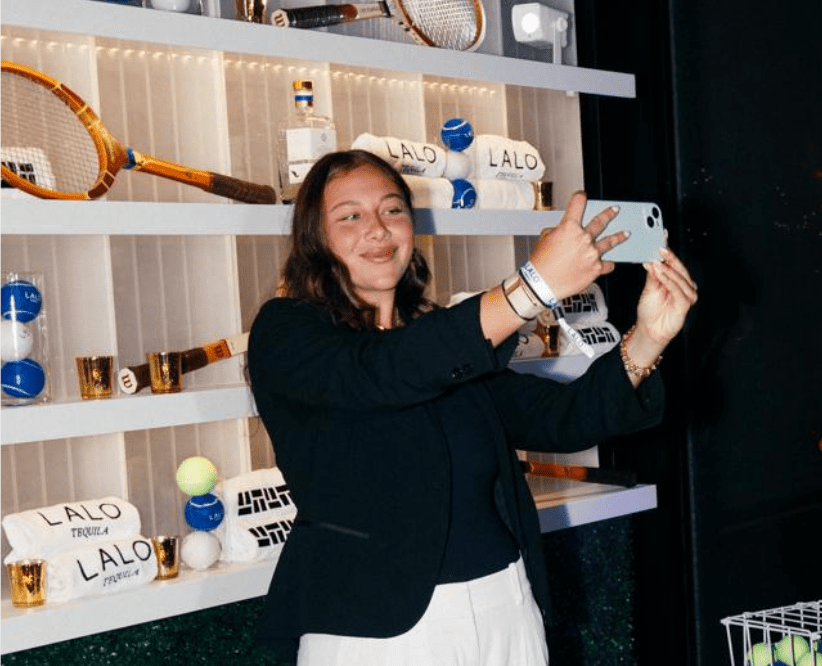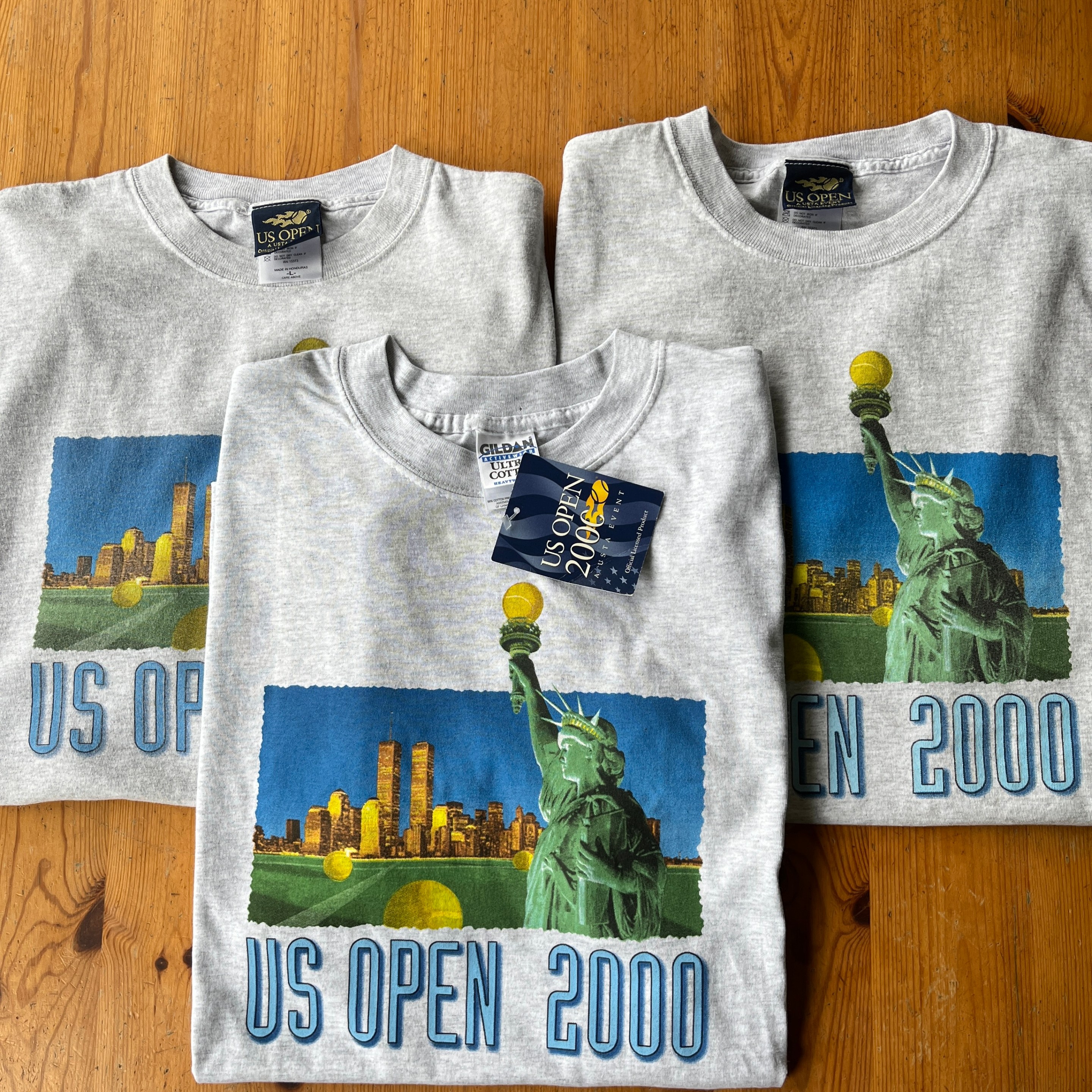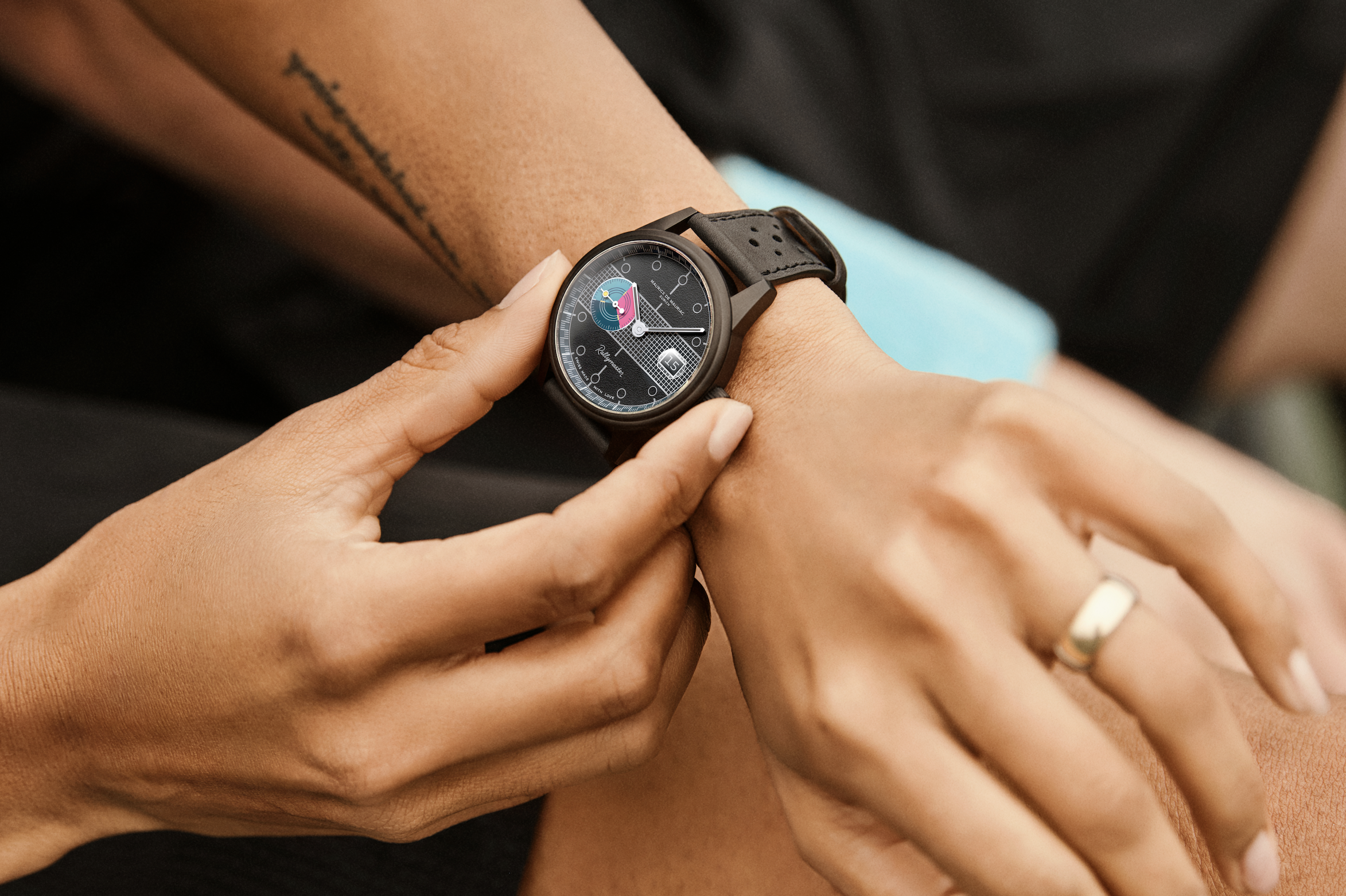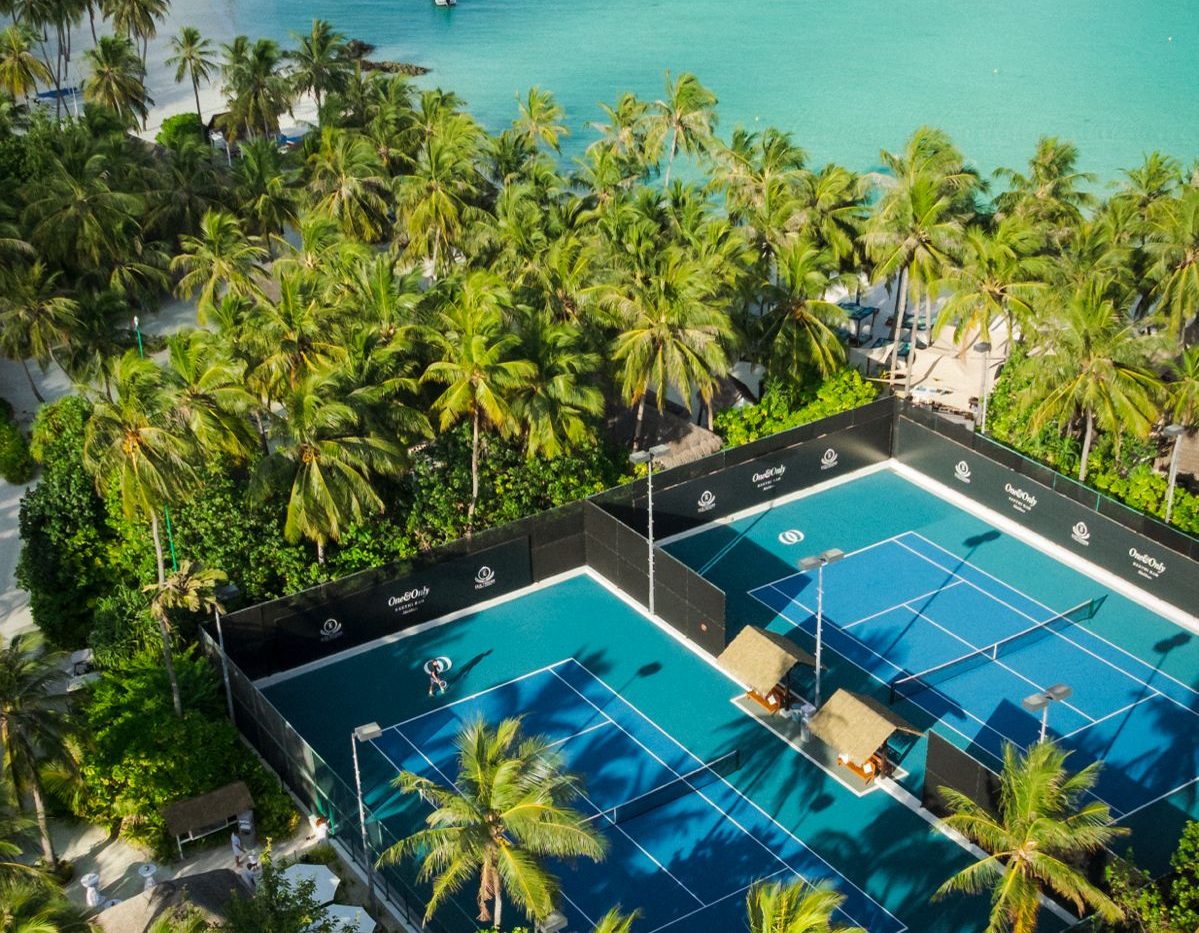We break down the resurgent FAA and Naomi Osaka campaigns, the finals that weren't for Sinner and Anisimova, and of course discuss the Carlitos haircut that started it all as well as an undeniable Sabalenka. We're toasting THREE WEEKS of US Open coverage with a hearty LALO tequila Ranch Water.
After a wild 19 days so exhausting that Rennae nods off before the best women’s match can finish, we recap the energy, the slog, and the mind-boggling accessibility of the US Open. Unlike Wimbledon’s rarefied air or the player-centric bubble of Australia, New York throws you into the tumult of crowds—the chaos and joy of being “with the people.” The storyline of Carlos Alcaraz: spirited, inventive, and—after a brother-imposed buzz cut—embracing his newfound edge both sartorially and competitively, as well as Alcaraz’s promise to get a Brooklyn Bridge tattoo, the candid confession that the buzzcut was a salvage-job after a haircut fiasco.
Felix Auger-Aliassime’s resurgence owes plenty the psychology of self-belief, as much weight to mental fortitude as physical prowess. And episode is complete without an existential musing, and here it’s Novak Djokovic’s future that takes center stage. Rennae speculates, about Novak’s swan song at the Australian Open—imagining the symbolic bookending of his career where it all started. The question of legacy, of retiring “while still in competitive form,” is handled with the kind of genuine curiosity and empathy that makes you care, even if you’ve heard the “when will he retire?” talk a thousand times.
Of course, what’s a US Open final without some spectacle—this year, a presidential visit that delayed the final and ruffled feathers throughout the tennis world. Caitlin and Rennae skewer the organizational snafus with irreverent humor, but there’s an edge (again, that word!) of real critique: the inconvenience to fans, the “bush league” comms from the tournament, the intersection of sport and spectacle.
If the men’s draw was predictably star-focused, it was the women’s semifinals—a festival of drama, resilience, and raw emotion—that “carried the tennis.” Caitlin gives Amanda Anisimova her due for shaking off Wimbledon ghosts with gutsy, redemptive play, while Rennae underlines Aryna Sabalenka’s breakthrough: “Pick against your own peril,” indeed. Their analysis is equal parts encouragement and tough-love realism; the chemistry here makes every technical breakdown feel relatable.
Saving one of the most compelling stories for last, Caitlin highlights the wheelchair tennis division with Tokito Oda’s epic win—down five match points!—is called the most thrilling event of the tournament, more nail-biting than either singles final. Their message here is clear: tennis isn’t just about headliners; it’s about joy, resilience, and the game’s ever-expanding edges.






